There is some progress, but Manuel Heitor, the Commission’s key adviser on Framework programme 10, says more needs to be done to improve working conditions for Europe’s two million researchers
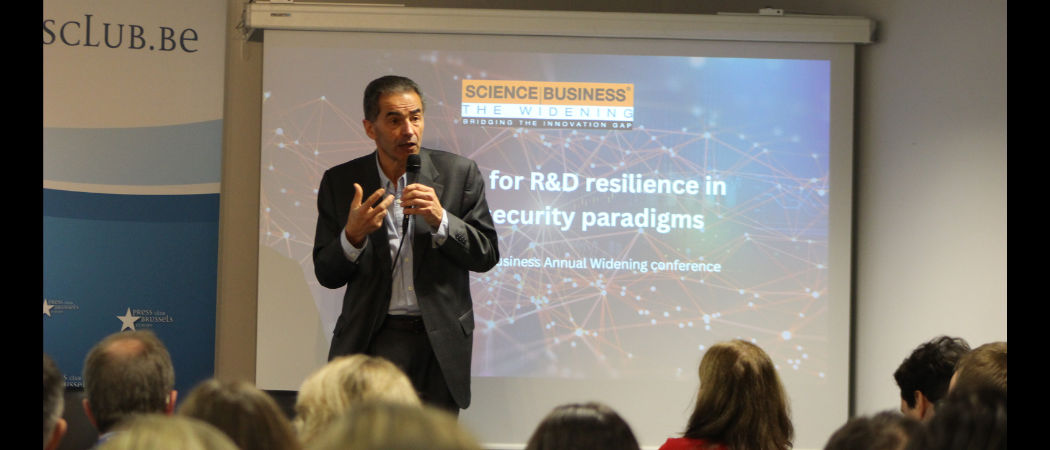
Manuel Heitor, the Commission’s new adviser on shaping Framework Programme 10
EU ministers have adopted joint recommendations on what the bloc should do to improve research careers, taking a small step towards meaningful change.
The recommendations, signed off at a Competitiveness Council meeting on Friday, set out a more inclusive the definition of researcher and promote longer-term contracts, better working conditions and social security protection for European scientists.
By improving the working lives of researchers, the ministers hope to help the EU retain much-needed talent.
While it is a step in the right direction, Manuel Heitor, the Commission’s new adviser on shaping Framework Programme 10 and a leading advocate for research career reforms, wants to see more action. “I’ll be very pragmatic and very direct: this is an important but a very, very small step,” Heitor told Science|Business.
The push to improve research careers structures gathered pace over the last few years and culminated last January when a manifesto was put forward. EU research commissioner at the time, Mariya Gabriel, promised action, including a pilot project testing how to coordinate financing and policy at EU level to improve the working conditions.
Despite this commitment, the final member state recommendations fall short the ambition set out by the manifesto, says Heitor, who is one of its authors. The conclusions do not agree to set up a monitoring system for research careers (one proposed to be managed by OECD won’t make much of a change, experts say), and do not endorse a pilot funding scheme under the Horizon Europe research programme.
“These council conclusions are good for advising, recommending, the recognition of research careers,” says Heitor, but, “there are two critical issues which are not advanced: the observatory on research careers and experimentation of new funding schemes.”
But with Heitor now heading the chief adviser group for FP10 , it’s likely this will not the end of the pressure for better research careers. “The group will address the current status of Horizon Europe, and this is certainly one of the topics that have to be considered,” says Heitor.
Science for policy, policy for science
At the same meeting on Friday, EU science ministers adopted a joint position on science in policymaking. Their goal is to include more scientific evidence in policymaking to improve how the EU and its members address various challenges.
It’s a convoluted document, but most importantly, it highlights the importance of regional research and innovation ecosystems and the impact of the EU’s €750 billion recovery fund on research policy.
The European Committee of the Regions in particular welcomed the document focus. “This is of utmost importance for thousands of local and regional leaders working every day to bring together universities, business, civil society to shape and deliver innovation projects improving our quality of life and the sustainability of our economies,” said the committee’s Tanya Hristova.
She noted the Council’s call for better coordination between EU spending programmes, such as cohesion, the recovery fund and Horizon Europe, is key to improving regional innovation policies and helping bring up all EU regions’ innovation capacities.
"These conclusions also represent a promising starting point to shape future innovation policies, relying on the vital contribution of regional and local actors and avoiding top-down, territorially blind approaches that would undermine the impact of our joint commitment to deliver inclusive innovation,” said Hristova.
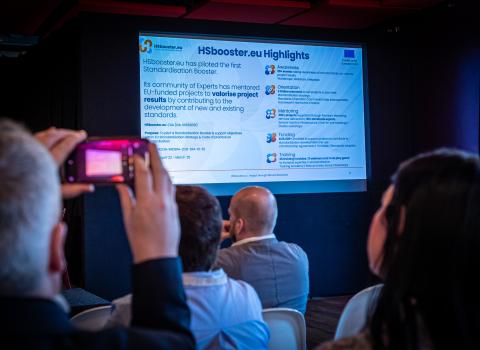
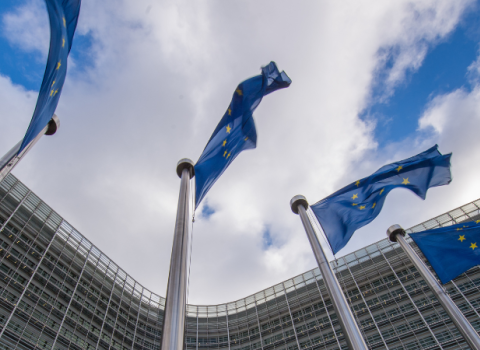
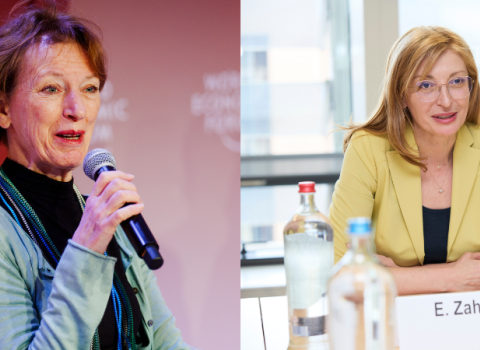
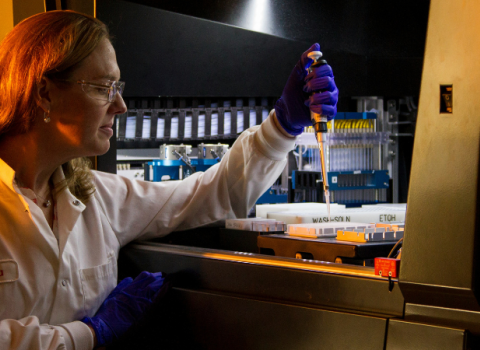

 A unique international forum for public research organisations and companies to connect their external engagement with strategic interests around their R&D system.
A unique international forum for public research organisations and companies to connect their external engagement with strategic interests around their R&D system.